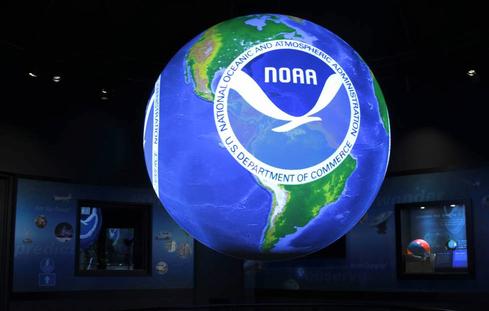Their report:
We conclude that existing evidence indicates that C-123 veterans satisfy the legal standard for “actual exposure” to tactical herbicides. These veterans are thus entitled to presumptive service connection for listed diseases. Because those veterans who served on C-123 aircraft formerly used to spray Agent Orange and other tactical herbicides can prove actual exposure, by law and regulation they need not demonstrate that they served in the Republic of Vietnam, nor are they required to present evidence bearing on “bioavailability” of herbicides, the duration or magnitude of their exposure, or any other criteria.
The Yale brief, 15 pages plus four exhibits, details the full scope of C-123 veterans' eligibility for veterans benefits due to exposure to military herbicides. Dismissed with expert legal foundation are VA excuses about "bioavailability," "dried dioxin," "regulations prohibit recognition" and other flimsy excuses the VA has thrown at us for two years.Under existing medical and scientific evidence, service on C-123 aircraft used to spray Agent Orange satisfies the VA’s standard for actual exposure to herbicides. Thus, veterans who served on such aircraft and who have a disease listed as service-connected for exposure to tactical herbicides are entitled to disability benefits on that basis. In addition, like all veterans, C-123 veterans are eligible to seek benefits even for non-listed diseases, if the veteran can establish a medical nexus between the disease and the herbicide exposure.
The brief will be posted for veterans, service officers and veterans' attorneys to use in about a week. It will also be excellent material for supporting "clear and unmistakable errors" named above.
Naturally, the VA will continue to deny claims, even citing as they have done, that TCDD (the toxin in Agent Orange) is harmless. VA will continue to cite anything and everything that comes to mind for their denials, however completely false, illegal or misleading, because with a denial at least they savor the victory of delaying a valid claim for years until BVA action. All that ever happens, regardless of deception at VBA and Post Deployment Health, is a correction many years down the road at the BVA. The VA twisted science, truth and justice to improperly deny C-123 claims will be long-since retired by then.
As Post Deployment Health already informed us when we met in Washington, hosted by Senator Burr's staff, no amount of proof from whatever source will be permitted to qualify a C-123 veteran's claim for Agent Orange exposure, because Post Deployment Health has already decided against us. And as VHA told Major Terry Redd US Army Chemical Corps (then a military legislative fellow) VA will never permit a C-123 claim to succeed.
I guess "veteran-friendly" is defined differently at VHA. Because they are responsible for administering the laws, they believe they are free to disregard those very laws until directly ordered by a court to do otherwise. If the law reads "exposure," as it indeed does, VA feels empowered to disregard that by adding qualifiers selected by them to prevent our protection under the very laws VA is charged to enforce.
Still, the Yale brief will empower independent-minded rating officials to do what's right. The Yale brief will better explain VBA's deceptions at BVA hearings, and gives us (eventually) a tremendous advantage in this otherwise unfair contest.
Not being held to the same standards of honor and honesty as are veterans in our claims, VBA will quickly invent whatever flimsy challenges they wish to dismiss the Yale brief, just as VBA sneers at expert input from the Center for Disease Control, the Agency for Toxic Substances and Disease Registry, the EPA, the National Institutes of Environmental Safety and Health, the US Public Health Service, VA physicians, scientists, and dozens of medical schools and schools of public health.
Anything, regardless of legal or scientific merit, not in line with VBA's pretense that C-123 vets weren't exposed is considered useless testimony at the VA.
Again, their view is that live veterans are simply a waste of space.








